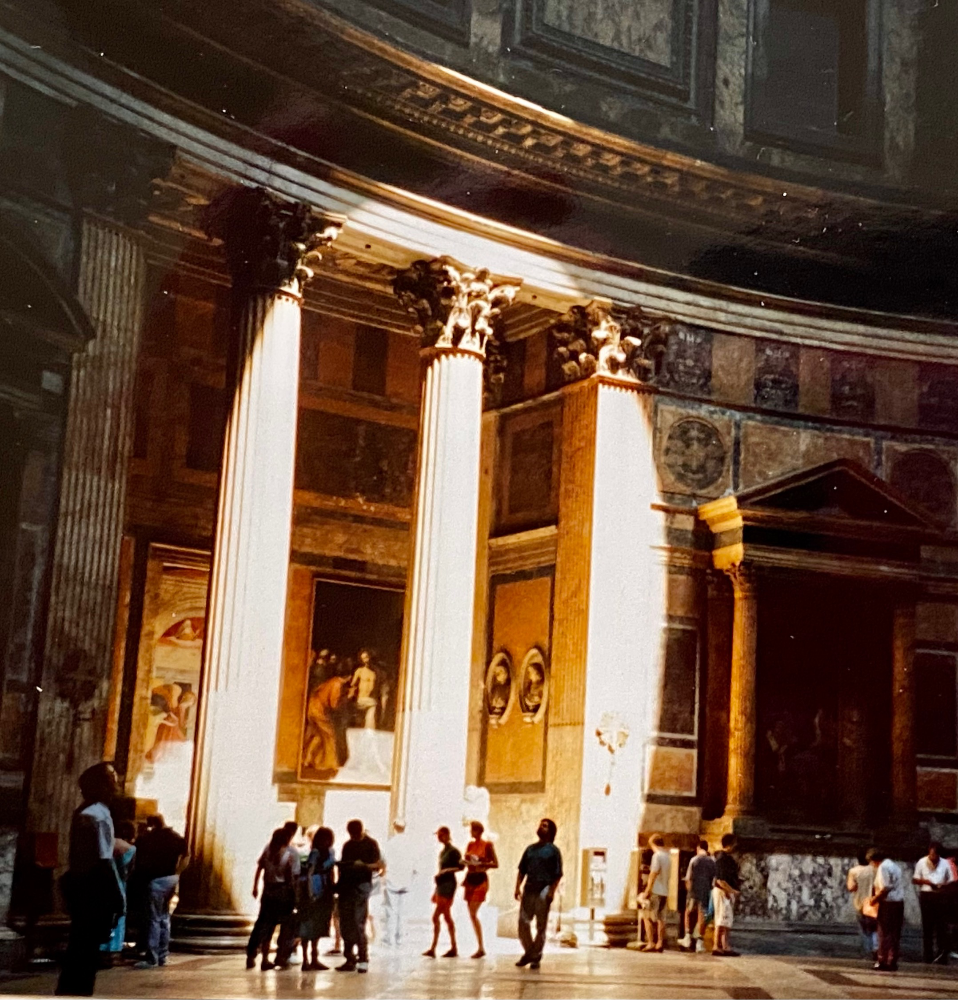Trip to Tokyo
- Shinya Yamada
- Jul 22, 2024
- 2 min read
Updated: Jul 25, 2024
One of the highlights of my recent quick trip to Tokyo was seeing an architect friend of mine Toshihiro "Michael" Mizutani for the first time after over 30 years. Michael and I first met during a European architecture tour when we were both studying at the same undergraduate university. It was great to see he is doing well as an architecture professor, a practicing architect, a father of two kids, and still continuing his singer career in a band!

Catching up with Michael reminded me of the tour, particularly the experiences of Southern Europe's architectural works valued beyond time and cultures including those by Gaudi, the baths of Caracalla, the Pantheon, St. Peter's Basilica, and more. I remember it was these inspirational experiences that cemented my decision to become an architect.

While in Tokyo, I was able to observe a panel discussion titled "Next Architecture of Japan" which was jointly hosted by two architecture schools: University of Tokyo and UCLA, my alma mater. The panel included one UCLA faculty architect and three Tokyo-based Japanese architects in their 40s.
During the discussion, the Japanese panelists mentioned their stance on being Japanese architects and Japan's tradition; they would rather not be conscious about Japan-ness in their work and not be labelled by Japan's ethnicity or culture.
I wondered if such a cultural-stateless stance, if you will, had to do with the fact their practices are based in Tokyo; a mega international metropolis that has been continuously characterized by large-scale modern urban revelopments rather than tradition.
It was intriguing when one of the Japanese panelists, Ryu Mitarai, said that he had not realized the beauty of Japan's tradition in architecture, namely the Ise Grand Shrine until when his workload suddenly dropped during the aftermath of the great global recession.

I was curious to hear what Japan's tradition meant to each panelist, and also their views on what it had to offer to the rest of the world. But, alas, the event was cut off a bit adruptly when it was just about to get more interesting.
Tradition is something that resonates with people beyond time and cultures. There is something so truthful about such transcending quality. I wonder if tradition helps us illuminate truthfulness in our culture.
"We shape our buildings and afterwards our buildings shape us" are words by Winston Churchill. Indeed, architecture is not only spatially experiential form of our culture, but because of that it also produces our next culture.
What, then, would happen hypothetically if this cultural-stateless stance ignorant of tradition prevails among future generations of Japanese architects? Would next architecture of Japan still have lasting resonating quality valued by the rest of the world?
Hope this discussion event is held again and develops further in the near future.





























